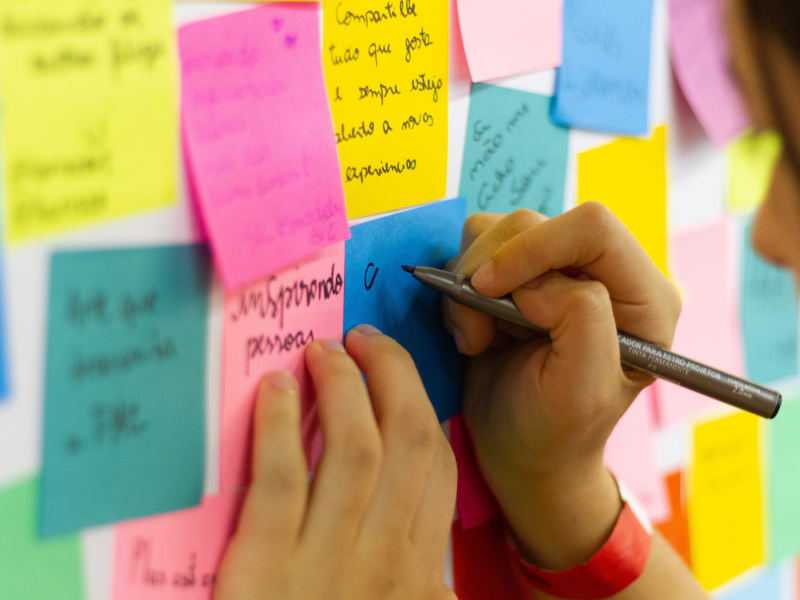Innovation zones: using IT innovation to improve the quality of education and research
In the coming years, the SURF organisation will work with its members to improve the quality of education and research with the aid of IT innovation. We will do this in nine innovation zones. On this page you can read which ones they are and what the current state of affairs or ambition is.
More about the innovation zones
Each innovation area is a complex issue for which we work together to find a solution. We do this as a SURF organisation with members and among members. There are 4 education zones, 4 research zones and 1 transversal zone.
3 | Encourage digital educational resources
By 2027, education (WO, HBO, MBO) in the Netherlands will have, via SURF, a coherent portfolio of services for digital educational resources.
4 | Use study data responsibly
By 2027, Dutch education will get opportunities to use data for and in education in a transparent and responsible way.
5 | Provide online education and digital assessment
By the end of 2027, students will be able to take high-quality courses and tests independent of time and place.
6 | Handling data responsibly
By 2027, researchers will be able to share and optimally reuse both sensitive and non-sensitive data according to FAIR principles
7 | Making the most of infrastructures
By 2027, all researchers will be free to focus on their research without any worries and make effective use of the available facilities and expertise in the digital infrastructure.
8 | Build skills and capacity
The competences needed by researchers for the digitisation of research are supported by a shared curriculum, through the cooperation of DCCs and research schools. To this end, by 2027, institutionally organised support and discipline-specific collaborations will be connected.
9 | Strengthen open science
The research community can responsibly shape the use of research information and is in charge of sharing, finding and evaluating publicly funded research (digital sovereignty).
